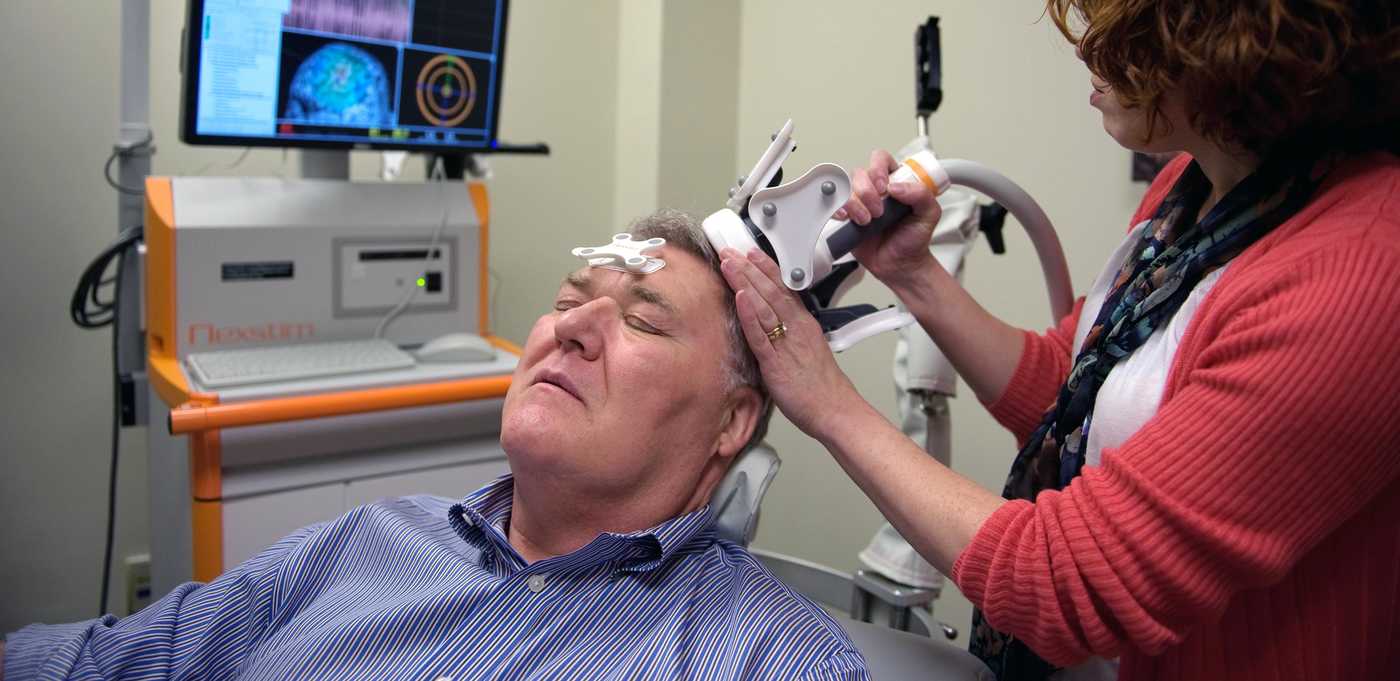Changes in personality and behavior are common following a brain injury. The degree and type of changes are related to the part of the brain that was injured and the severity of the injury.
An example of a personality change is a person who was very outgoing before the injury and is now withdrawn.
Behavioral changes are usually described as behavior excesses or behavior deficits.
Behavior excesses are behaviors that are exaggerations or overreactions. They may include acts of anger, rudeness, impulsivity or poor emotional control.
Behavior deficits are characterized by a failure to behave in ways that are typical in a specific situation.
They may include lack of awareness, decreased ability to react to social cues and decreased ability to independently begin activities, including those related to health, hygiene, planning and organizing.
Common Behavior Changes:
| Agitation | Lack of motivation | Perseveration (thinking, saying or doing one thing for a long time) |
| Denial | Excessive Talking | Poor Initiation(decreased ability to independently start or plan activities) |
| Impatience | Loss of control (may not be able to control what one says or does in social situations) | Inappropriate Social Behavior |
| Irritability | Dependency (may not realize the severity of the injury and its effects on oneself and/or others) | Egocentrism (focus on oneself) |
| Verbal/Physical Outbursts | Lack of Insight |
Behavior problems can be a temporary part of recovery. How long the behaviors will last depends on the person's injury. Some problems may go away, while others may stay the same or lessen in frequency and/or severity.
Click here for more information on the following Behavior and Emotional challenges following a stroke:
Mood read more
Anxiety & Depression read more
Impulsivity read more
Social Skills read more


